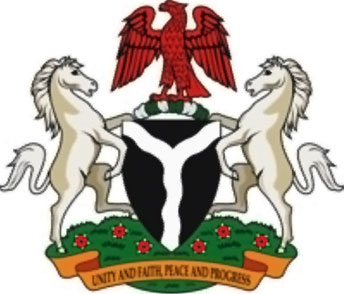From Okwe Obi, Abuja
The Federal Government has disclosed that Nigeria ranked 14th in Maize production with 10.42 million tons and 4th in palm oil with 7.7 million tons globally in the same year.
Minister of State for Agriculture and Food Security, Sen. Aliyu Sabi Abdullahi, disclosed this at a briefing to mark the World Food Day in Abuja, with the theme, ‘‘The Right to Food for a Better life and a Better Future’’.
Abdullahi noted that in 2017, Nigeria recorded significant achievement in the global agricultural sector, adding that it ranked first in cassava and yam production with 59.4 million tons and 47.9 million tons, respectively.
According to him, Nigeria became the largest producer of rice in Africa with a production level of nine million metric tons in 2019, saying that “this indeed is a true testimony of our overall commitment to boosting agriculture and providing sufficient food to the teeming population.”
“This year, the Nigerian government has ordered for immediate release of more than 102,000 metric tons of maize, millet, garri in addition to other food commodities from the National Food Reserve to Nigerians as a temporary response to the nation’s rising cost of food.
The administration has also resorted to importing some food commodities as an interim measure to augment food shortages.
During the National Broadcast on Nigeria’s 64th Independence Anniversary, President Bola Ahmed Tinubu, emphasised commitment to reducing food costs and increasing food production.”
“The government is prioritizing mechanized farming with the aim of accelerating agricultural production and promoting economic growth.
“This administration has outlined plans to cultivate 500,000 hectares of farmlands across the country to grow maize, rice, wheat, millet, and other staple crops to boost food supply and affordability.
“The strategy involves collaboration with state governments to stem inflation and enhance food security in the country.”
Assistant Country Representative, Food and Agriculture Organization (FAO) Salisu Mohammed revealed that the March 2024 Cadre Harmonise protected 31.8 million people in Nigeria at risk of food insecurity, and just recently, the country was hit by yet another devastating floods.
“cross Nigeria, an estimated food loss is about 855, 629 metric tonnes, which is equivalent to the amount of food which could feed 8.5million people for six months, Nigeria will face adversities again but there are solutions if we work together,” he stated.
